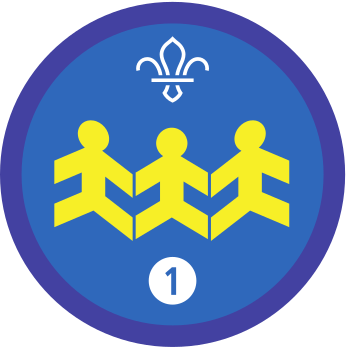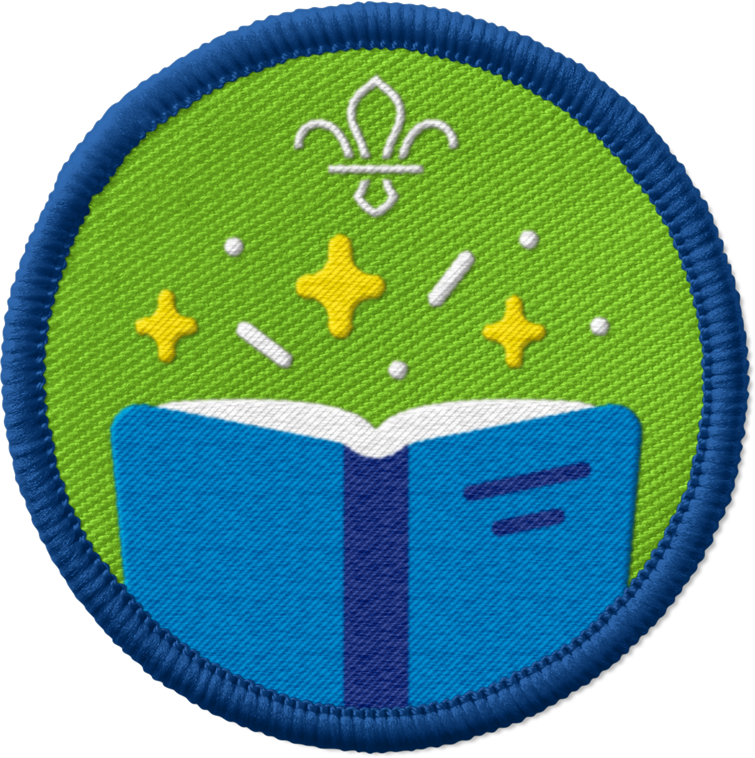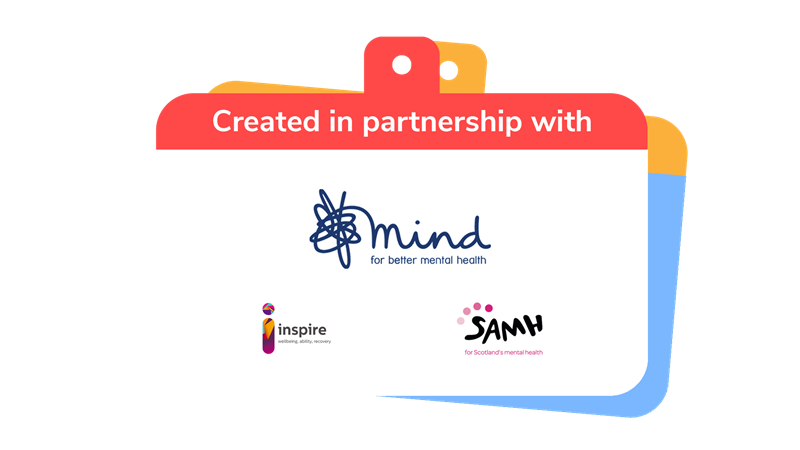
Scouts got talent
You’ll need
- Pens or pencils
- A4 paper
- Sticky tack
- Props and costumes (optional)
Before you begin
- Remind yourself of everything people have done for their project: how did they identify the need, plan action, and take action?
- If you have resources people made, or photos and videos of them taking action, bring them to show everyone.
- Write the Questions to ask on six pieces of paper and display them around your meeting space.
- What theme did we explore?
- What did we do?
- Why did we do it?
- How did it make you feel? What skills did you develop?
- How did the project make a difference for people or the environment?
- What could we do now? How could we achieve the next stage of our badge?
Remember, remember
- The person leading the activity should help everyone remember the main details about their project so far. They should use any resources, photos, or videos to help jog people’s memories.
- Everyone should move around the room, visiting each of the six pieces of paper. They should think about each question, chat with their friends, then jot down their ideas.
- Everyone should share their ideas.
Share your talent
- Everyone should split into small groups.
- Each group should plan and practise a short performance about what they’ve learned. It’s up to them how they perform: they could sing, mime, dance, use puppets, or anything else they can think of. Their performance should last up to five minutes.
- The people leading the activity should take their seats and become the judges.
- Once each group’s ready, they should present to the judges.
- The judges should give helpful feedback. They could choose a winner or pick multiple winners for categories like best teamwork, funniest production, best ending, or most informative performance.

This activity helps contribute towards some of the UN's Sustainable Development Goals. Find out more about the SDGs, and how Scouts across the world are getting involved.
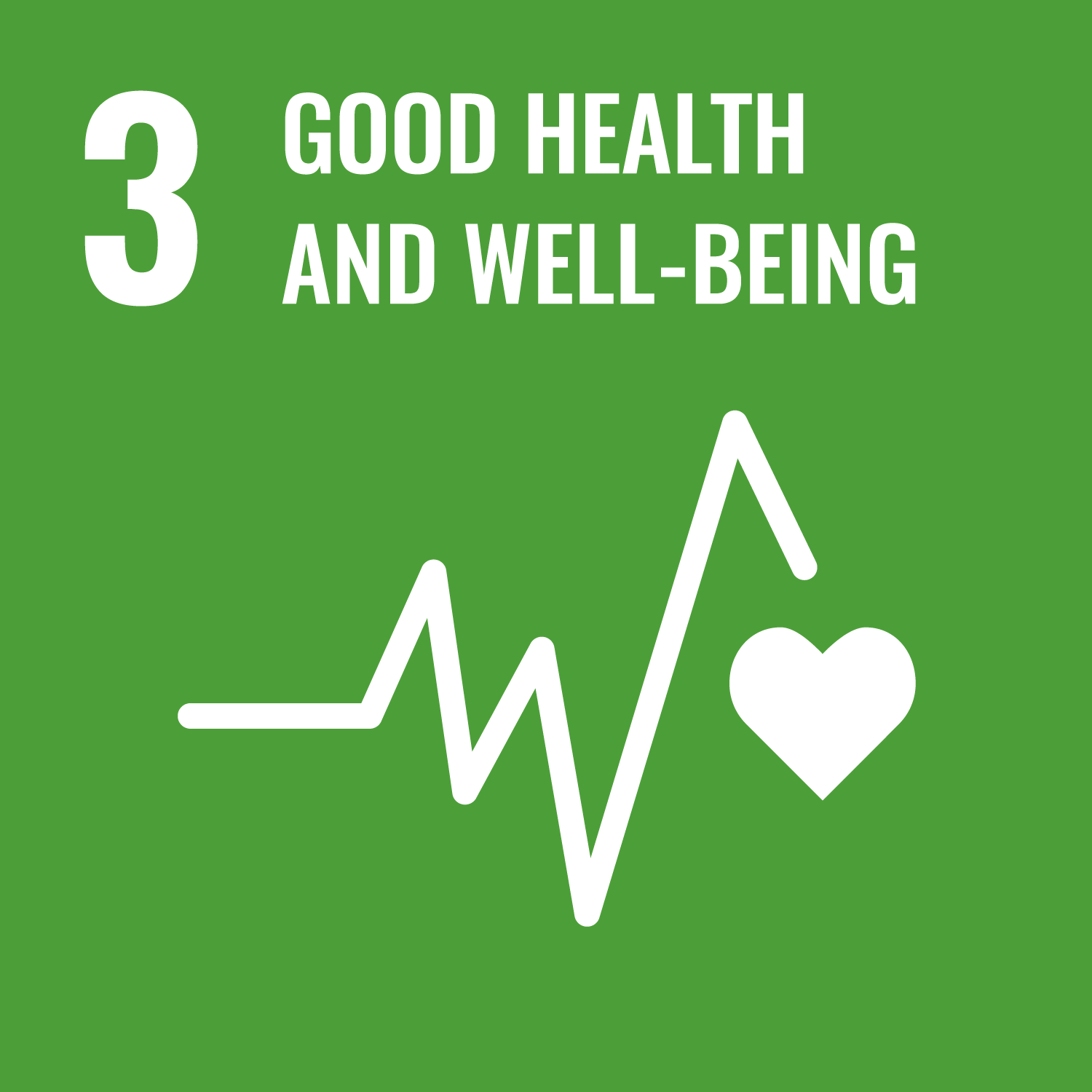
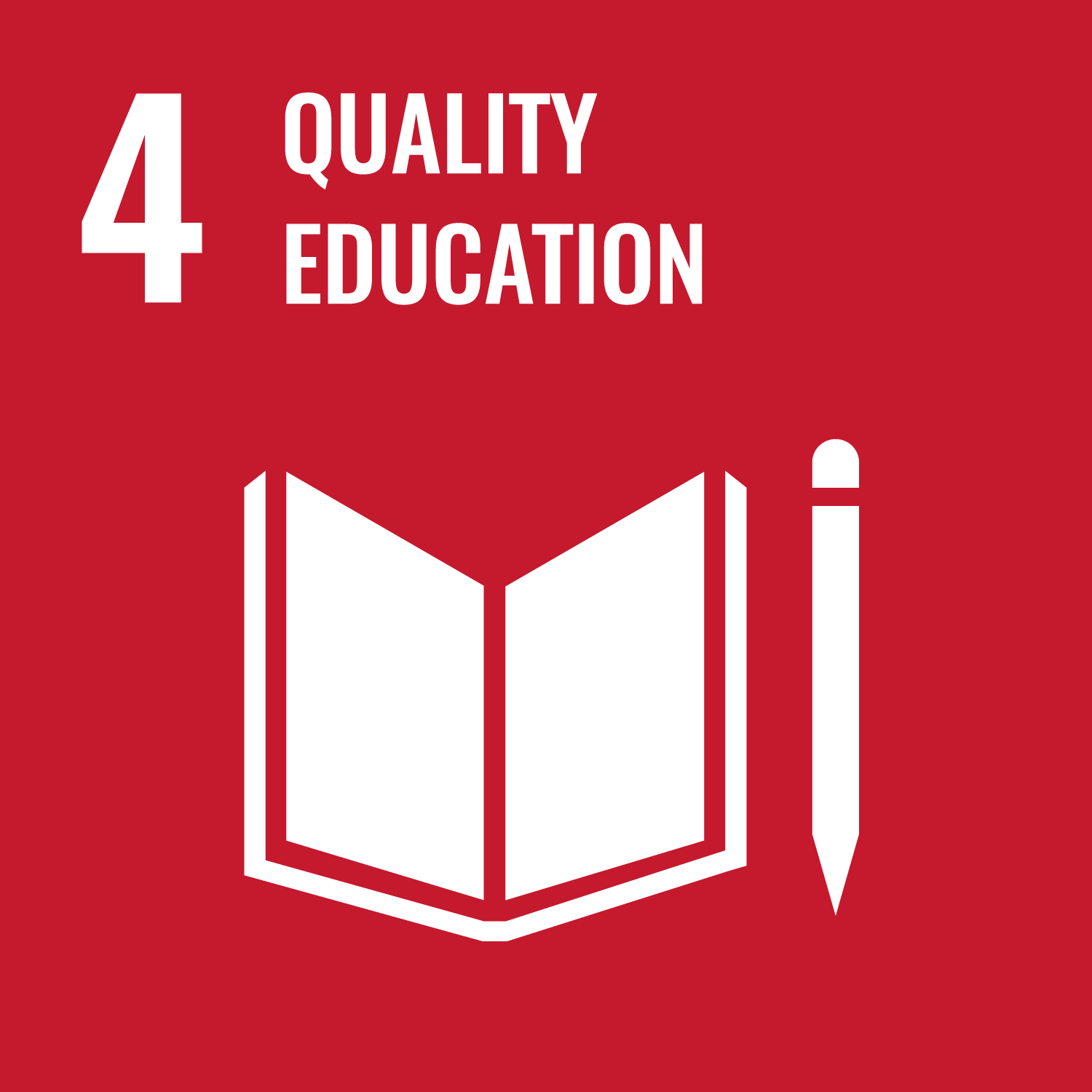
Reflection
This activity was all about improving wellbeing and trying new things. What’s the most important thing people have learned about mental health and wellbeing? How did they share that with others in their performance? How could they continue to learn and make more change?
Safety
All activities must be safely managed. You must complete a thorough risk assessment and take appropriate steps to reduce risk. Use the safety checklist to help you plan and risk assess your activity. Always get approval for the activity, and have suitable supervision and an InTouch process.
Depending on your group, it may be useful to have an adult at each sheet of paper to help people write down their ideas.
You could also try to come up with one performance as a whole group.
People can record their thoughts on the big sheets of paper in whatever way works for them, including drawing and writing ideas down.
People can choose how they use their creative skills to share the message. Some people might prefer different types of performing, while others might want to take a behind the scenes role and focus on script writing, directing, or even costume design.
All Scout activities should be inclusive and accessible.
Why not invite friends, family, and people from local mental health services to watch your performance? You could use it as an opportunity to encourage people to talk about mental health and share wellbeing tips.
Discover more at https://www.mind.org.uk/
